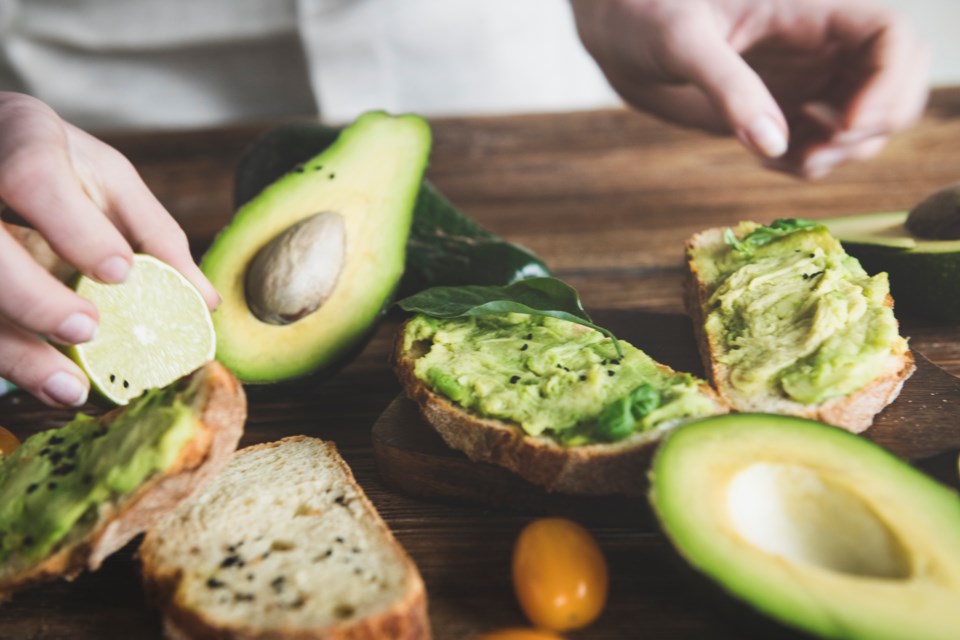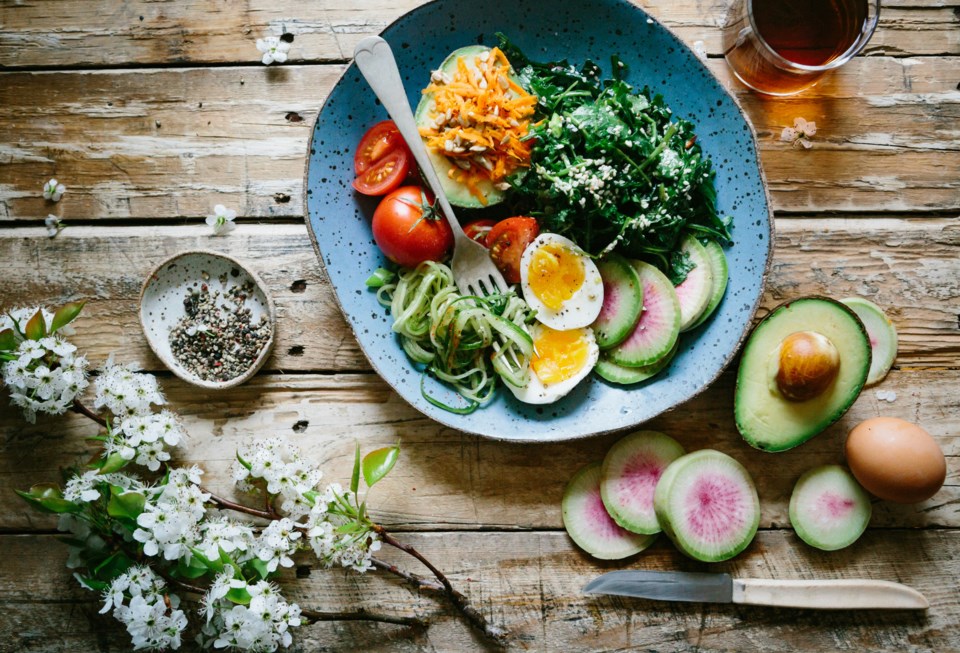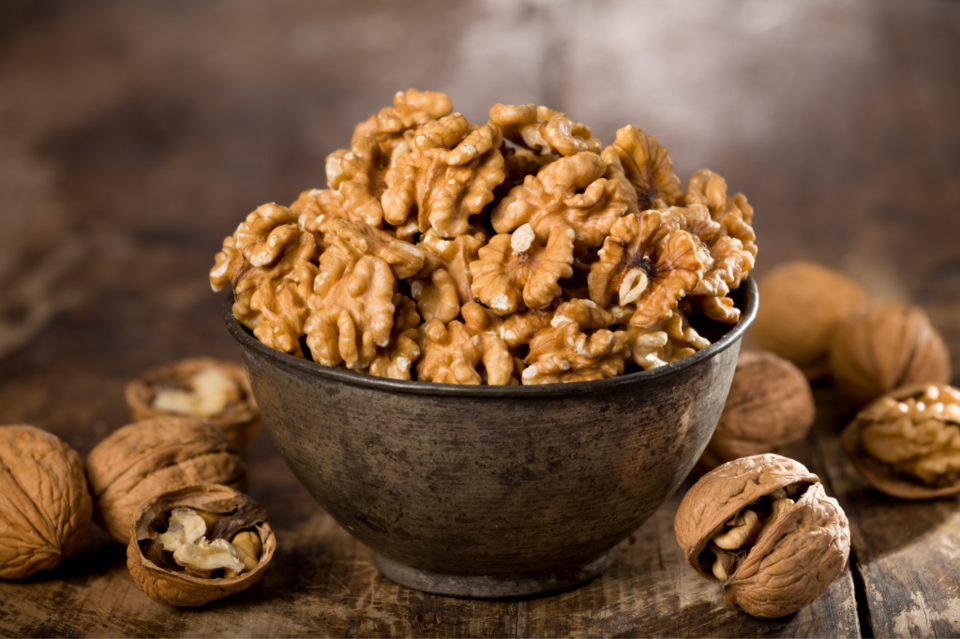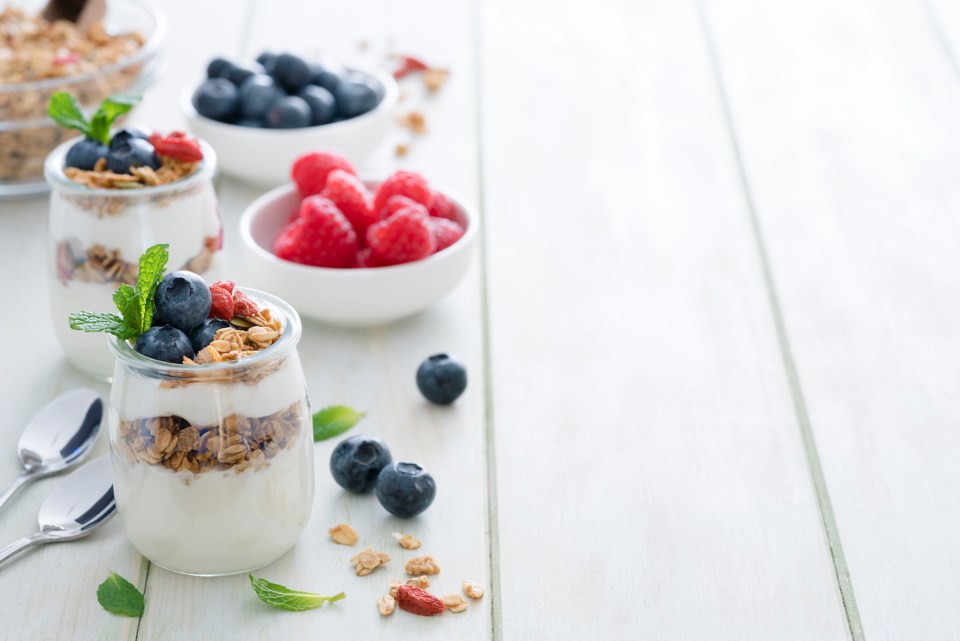Feeling overwhelmed? You're not alone. Stress is a normal part of life, but chronic stress can take a toll on our physical and mental health. The good news is that what you eat can significantly impact your stress levels. Let’s look at the science behind stress-busting foods and the delicious options for getting more on your plate to help you feel calmer and more balanced—even when the world around you feels a little chaotic.
The sneaky role that cortisol plays
Before we get into the foods that help keep stress and anxiety at bay, it’s important to know what makes it skyrocket. Cortisol, often called the "stress hormone," is released by the adrenal glands in stressful situations. While cortisol plays a vital role in the body's fight-or-flight response, chronically elevated cortisol levels can damage health. Research suggests a link between high cortisol and various health problems, including anxiety, depression, weight gain, and weakened immune function. So, to keep calm and carry on, you want to keep cortisol levels in check. And that’s where a few essential foods come in.
The top stress-relieving food groups
Dietitians often recommend the Mediterranean diet for overall health and stress management. This diet emphasizes whole, unprocessed foods like fruits, vegetables, whole grains, healthy fats, lean protein, and legumes. These foods are not only nutrient-dense and bursting with fresh flavour, but they can also help lower cortisol levels and manage stress.
Here's a breakdown of five key food groups that can naturally fight stress, along with the science behind why it works.

1. Magnesium-rich foods
Magnesium is a vital mineral that plays a role in over 300 biochemical reactions in the body, including stress regulation. Studies have shown that magnesium deficiency can exacerbate anxiety and stress symptoms, while supplementation can have a calming effect. We recommend combining both: plenty of magnesium-rich foods on your plate and a high-quality magnesium supplement before bed at night.
Why it works: Magnesium helps regulate the nervous system and promotes the production of neurotransmitters like GABA, which has calming properties.
Food sources of magnesium:
- Avocados
- Bananas
- Broccoli
- Dark chocolate (at least 70% cacao)
- Pumpkin seeds
- Spinach
2. Foods high in omega-3 fatty acids
Omega-3 fatty acids, particularly EPA and DHA, are known for their anti-inflammatory properties. Research suggests these healthy fats can positively impact mood and reduce stress and anxiety symptoms. Again, getting plenty of food sources of omegas coupled with a supplement is the best way to ensure you’re getting enough, but if you fill your plate with these foods often and aim for at least three servings of fatty fish a week, getting it from food alone should do the trick.
Why it works: Omega-3s can help reduce inflammation throughout the body, including in the brain, which may contribute to a calmer mood and lower cortisol levels.
Food sources of omega-3s:
- Anchovies
- Avocados
- Chia seeds
- Flax seeds
- Herring
- Mackerel
- Olive oil
- Oysters
- Salmon
- Sardines
- Tuna
- Walnuts
3. Foods high in Vitamin B
B vitamins are a vital player in the nervous system's functioning and neurotransmitter production. Studies have shown that deficiencies in some B vitamins, such as vitamins B6 and B12, are linked to increased anxiety and depression. You may see a pattern here, but you can get your Bs through food and supplements. While you should also turn to food first, adding a nutritional aid to a balanced diet can only help.
Why it works: B vitamins are essential for converting food into energy and supporting neurotransmitter production, which can have a calming effect on the nervous system.
Food source of vitamin B:
- Beef
- Chicken
- Eggs
- Fortified cereal
- Nutritional yeast
- Organ meats (liver, kidney)
4. Protein-rich foods
Protein is essential for building and repairing tissues throughout the body, including those in the brain. It also helps regulate blood sugar levels, which can impact energy levels and mood—and studies have suggested a link between protein intake and efficient stress management.
Why it works: Protein helps stabilize blood sugar levels, which can prevent energy crashes and mood swings associated with stress. Additionally, protein is used to produce neurotransmitters that contribute to feelings of well-being.
Food sources of protein:
- Almonds
- Chicken breast
- Eggs
- Lean beef
- Lentils
- Peanuts
- Quinoa
- Turkey breast
- Tuna
- Salmon
- Shrimp
5. Gut-Healthy Foods
A growing body of research suggests a strong connection between gut health and mental well-being—after all, many functional doctors now refer to the gut as our “second brain.” The gut microbiome, the trillions of bacteria living in your digestive tract, produces neurotransmitters that influence mood and stress response. Similarly to many other food groups on this list, you can nourish your gut with whole foods and probiotic supplements. Because the foods listed below aren’t as common as some of your daily staples, we recommend both for optimal gut health.
Why it works: Consuming fermented foods rich in probiotics can help promote a healthy gut microbiome, which may positively impact the production of mood-regulating.
Food sources of gut-healthy foods:
- Greek yogurt
- Kimchi
- Sauerkraut
- Miso
- Kombucha
- Tempeh
- Natto
- Kefir
- Pickles
- Sourdough bread
About the Author

Alicia is a journalist and editor in digital and print media specializing in health, nutrition, fitness, and wellness. She was previously the Editorial Director of Clean Eating and Vegetarian Times. Her work has also appeared in Hone Health The Edge, Yoga Journal, Women’s Running, and Oxygen, among others. In addition to being a content creator, she's an ISSA-certified nutritionist, certified personal trainer, and fitness studio owner in Toronto. Alicia loves spreading the word about helpful, science-backed health information, and she can be contacted via her website at aliciamtyler.com.








